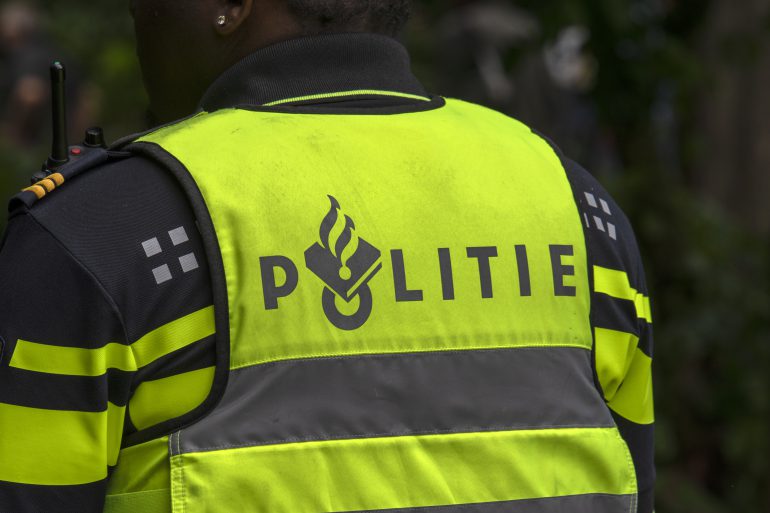New developments in the core structure of the National Police Unit are high on the government’s agenda. The cabinet wants to put an end to a long-standing debate in the Unit. So far, the decision is to split the institution into two departments: one for national investigations and one for national operations and expertise. “This is an intervention that we have been advocating for years: the introduction of a separate organization for national investigation – a kind of Dutch FBI,” the National Police said. The decision comes after advice of the Schneiders Committee, according to ADnewspaper. There will be changes in how the National Police Unit is run, with a more logical structure organized in teams with clear remits, instead of the current chaotic structure. The number of managers will be reduced in order to allow the expert worker within the force more control over their jobs.
However, Bernt Schneiders, chairman of the committee, says there is also a need for fundamental changes because of problems in the unit’s culture. His committee paints a worrying picture of the National Police Unit. There have been reports of an unsafe work culture for some time. Three employees who were involved in undercover investigations committed suicide after conflicts and bullying in the workplace, while there have also been reports of sexual harassment and racism within the police, as well as ethnic profiling by police officers against citizens.
It has been reported a culture of bullying and a toxic atmosphere exists in a number of departments. Some complain that the organization pays too little attention to personal circumstances and the potential of employees is insufficiently utilized. The police has been working to attract women and minorities as police officers for years, but many resign quickly when confronted with the old-fashioned ‘boys will be boys’ culture. The main issues revolved around some of the higher rank positions within the unit, who have been unable to counter the toxic culture in some units. Some top police officers will have to resign, as they do not want to or cannot participate in the necessary change. In the future, officers who commit racist or sexist offences may be fired, rather than the ‘talking-to’ they now receive.
The committee therefore advises to set explicit rules for desirable and undesirable behaviour, to draw up appropriate leadership profiles and to inspect current high rank officers. “In the end, tensions in the workplace rose to such an extent that tackling them literally became a matter of vital importance,” said National Police board chairman Jan Struijs. According to him, the first concern during the upcoming drastic reorganization is that the top officials treat the interests of the employees with sensitivity. “Think of the future prospects of the employees directly involved in the police, but also of the extra burden that they and other colleagues have to deal with. After all, the store must remain open during the renovation.”
Het Parool newspaper reports that in order to create a new organization and culture, the police has to work hard, as said by Dilan Yeşilgöz, the Justice Minister. “Today we offer the police employees clarity about the future of the National Unit. An important step towards an organization with more focus and a recognizable profile that can handle today’s security issues.” Yeşilgöz has asked the Schneiders Committee to oversee the culture shift.
“The changes at the National Unit affect the entire police force,” said chief of police Henk van Essen. In order to implement the reform, Van Essen must come up with a transition plan by 1 October at the latest.
Written by Raphael Vieira
